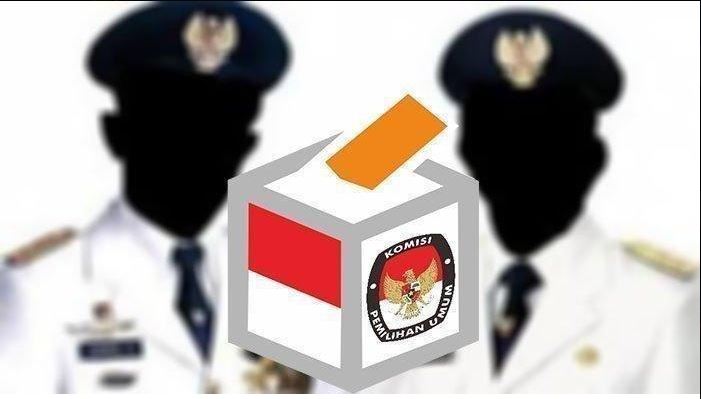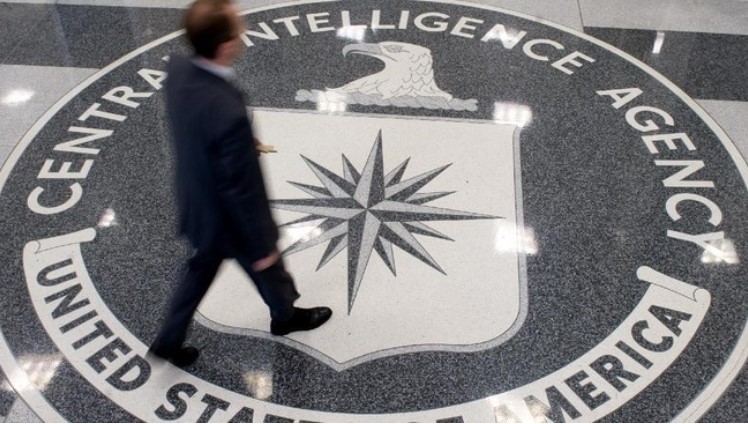
STRATEGIC ASSESSMENT. The Danantara Anagata Nusantara Investment Management Agency, commonly known as Danantara — Indonesia’s new sovereign wealth fund — has always faced public scrutiny and scepticism. Following its inauguration, the Jakarta Composite Index dropped 7.1 per cent, driven by continuous foreign capital outflows amounting to approximately US$622.7 million.
Among the main concerns is Danantara’s lack of transparency and accountability. It is unclear whether it will be a new engine for development or a victim of political manipulation and corruption. The Indonesian government will need to tread carefully to gain investor and public trust.
In a sweeping move that reshaped Indonesia’s financial landscape, the annual shareholders’ meetings (RUPS) of state-owned banks Bank Rakyat Indonesia (BBRI), Bank Mandiri (BMRI), and Bank Negara Indonesia (BBNI) not only approved multi-trillion-rupiah share buyback programs but more importantly ushered in a new era of leadership at the country’s largest state-owned banks. Market reacts positively to this sudden overhaul, with the Jakarta Composite Index (JCI) rebounding slightly on the final trading day before the long holiday. The index closed at 6,510.62 on Mar. 27, marking a 0.59 percent increase from the previous day’s close.
The most high-profile departure came from BRI, where Sunarso, who had served as president director since 2019, was removed from his position. His replacement, Hery Gunardi, formerly the president director of Bank Syariah Indonesia (BSI), was widely seen as the government’s preferred candidate. Gunardi’s leadership in successfully merging three state-owned Islamic banks into BSI demonstrated his capability in overseeing complex financial transitions, making him a preferred choice to lead BRI during this time of economic uncertainty.






